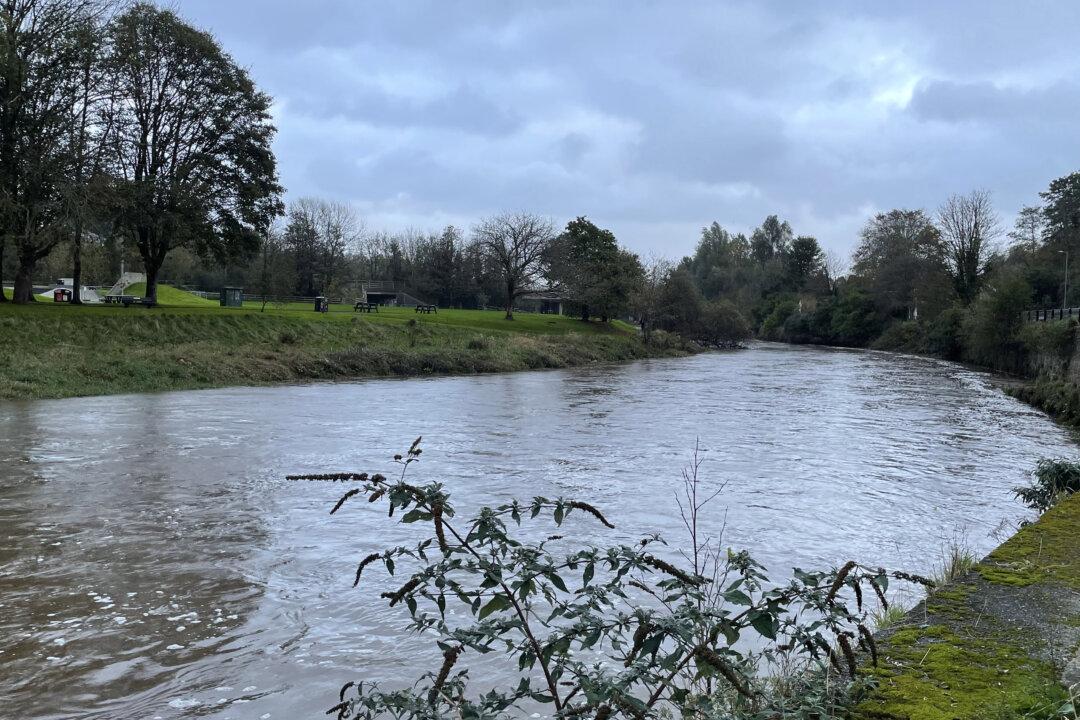Environmental polluters will face unlimited penalties under new legislation introduced today.
Companies holding environmental permits, such as energy and water operators, will see the current penalty limit of £250,000 scrapped.

Companies holding environmental permits, such as energy and water operators, will see the current penalty limit of £250,000 scrapped.